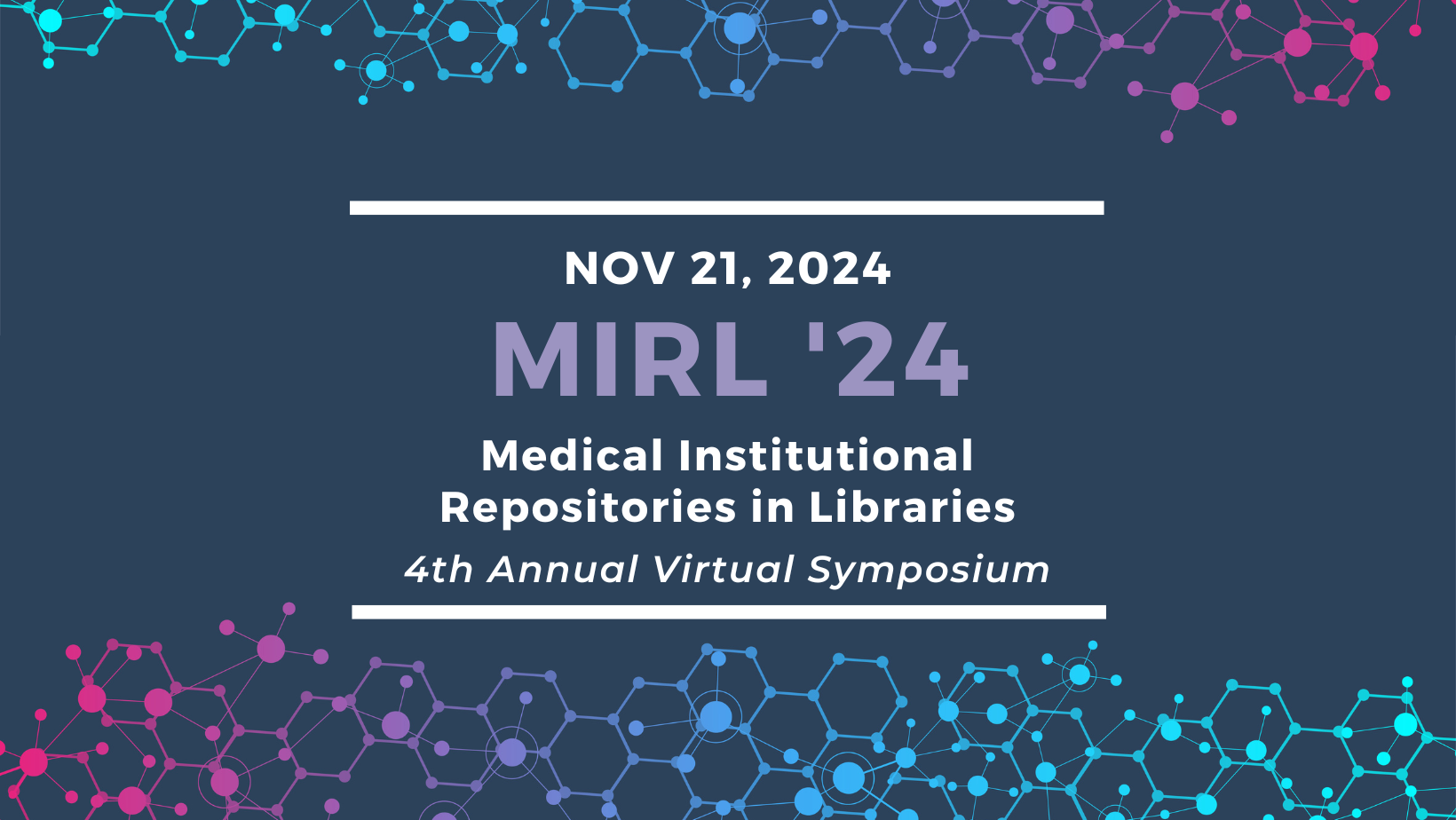Presentation Type
Lightning Talk
Date
2024-11-21
Description
Articles authored or co-authored by U.S. Government employees are generally in the public domain. The emerging National Institutes of Health Draft Public Access Policy, part of the 2022 OSTP memo "Ensuring Free, Immediate, and Equitable Access to Federally Funded Research," aligns with this spirit of copyright legislation regarding such articles. This presentation will share results from a recent study on the copyright labeling practices and open access status of articles authored or co-authored by employees of the National Cancer Institute. The study found that it is not uncommon for these articles to omit any assertion of public domain status, and that many of them remain inaccessible to the general public behind publisher firewalls. Medical institutional repositories and libraries can play an important role in making this literature (both current and historical) more widely available. However, there are complexities to consider, including issues related to co-authorship, international copyright, contractual override, library licensing, and downstream transformative uses such as generative artificial intelligence harvesting.
Keywords
institutional repositories, MIRL, session 1
Repository Citation
Ghaphery, Jimmy, "Authorship of articles by U.S. Government employees: implications and opportunities for medical institutional repositories" (2024). Medical Institutional Repositories in Libraries (MIRL) Symposium. 3.
https://scholarlycommons.henryford.com/mirl/2024/program/3
Authorship of articles by U.S. Government employees: implications and opportunities for medical institutional repositories
Articles authored or co-authored by U.S. Government employees are generally in the public domain. The emerging National Institutes of Health Draft Public Access Policy, part of the 2022 OSTP memo "Ensuring Free, Immediate, and Equitable Access to Federally Funded Research," aligns with this spirit of copyright legislation regarding such articles. This presentation will share results from a recent study on the copyright labeling practices and open access status of articles authored or co-authored by employees of the National Cancer Institute. The study found that it is not uncommon for these articles to omit any assertion of public domain status, and that many of them remain inaccessible to the general public behind publisher firewalls. Medical institutional repositories and libraries can play an important role in making this literature (both current and historical) more widely available. However, there are complexities to consider, including issues related to co-authorship, international copyright, contractual override, library licensing, and downstream transformative uses such as generative artificial intelligence harvesting.


